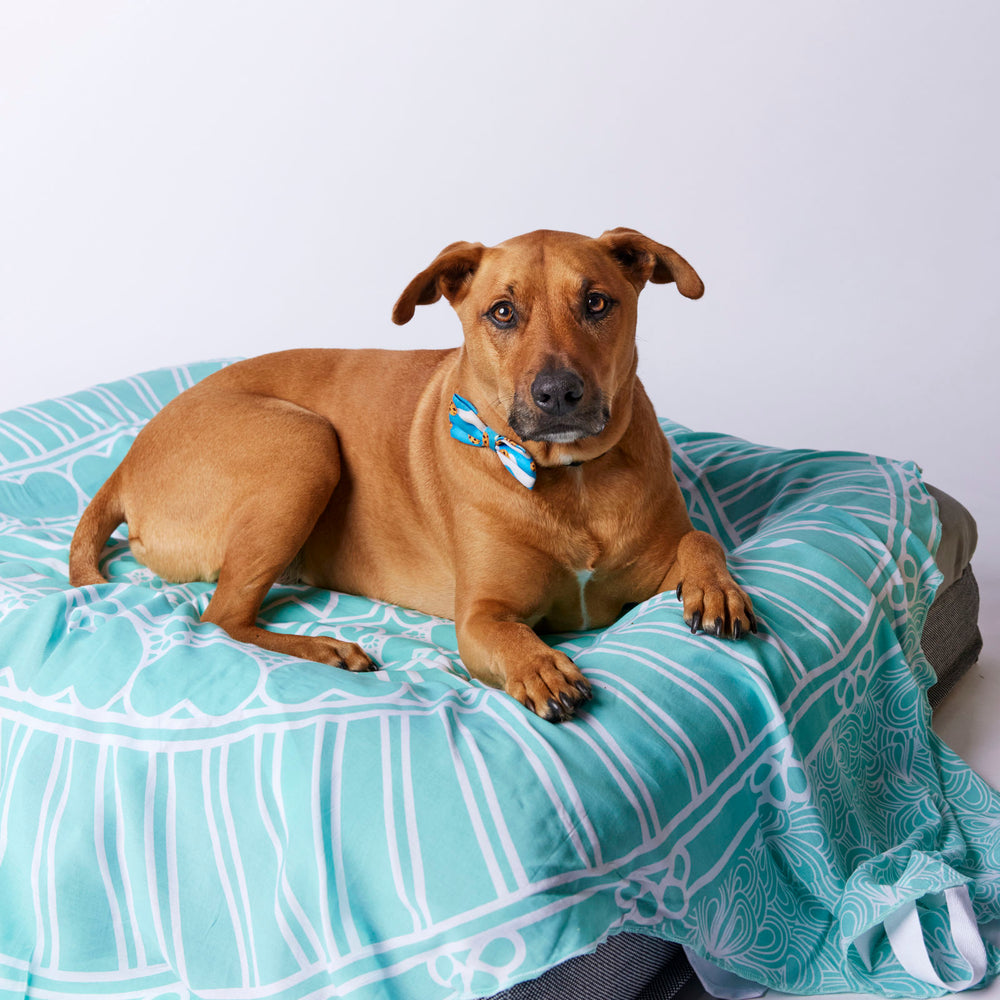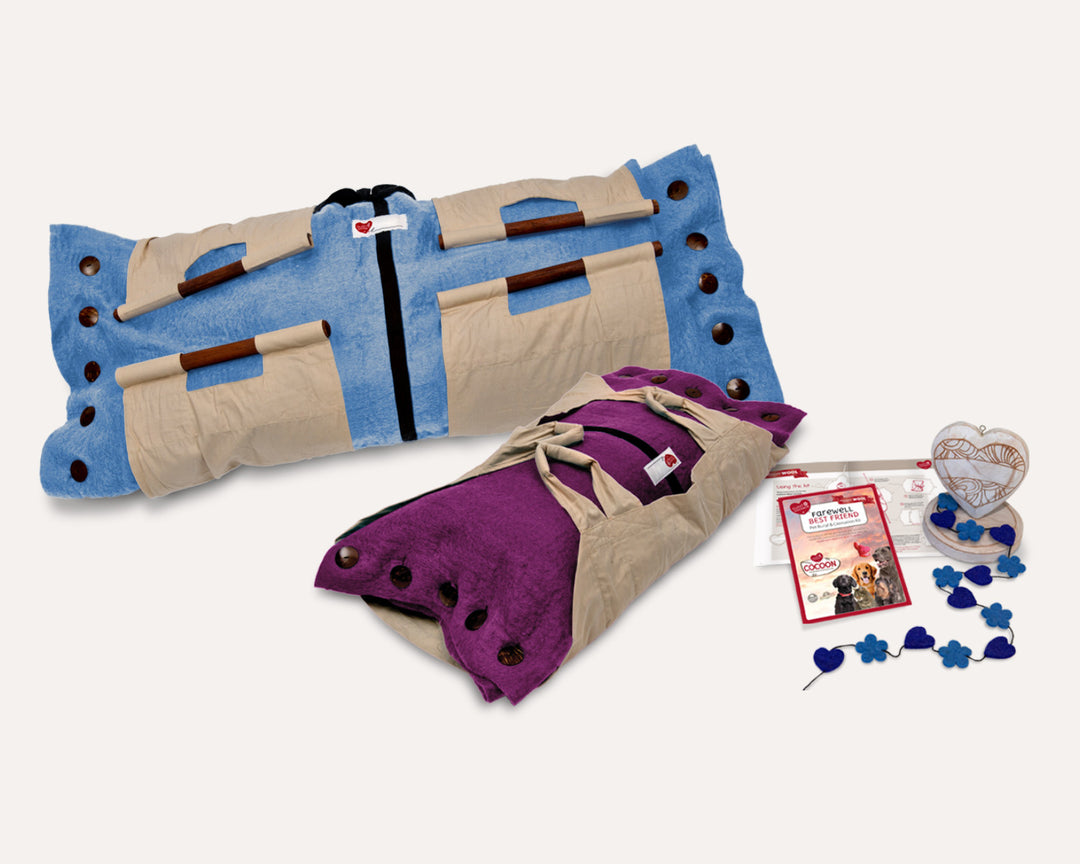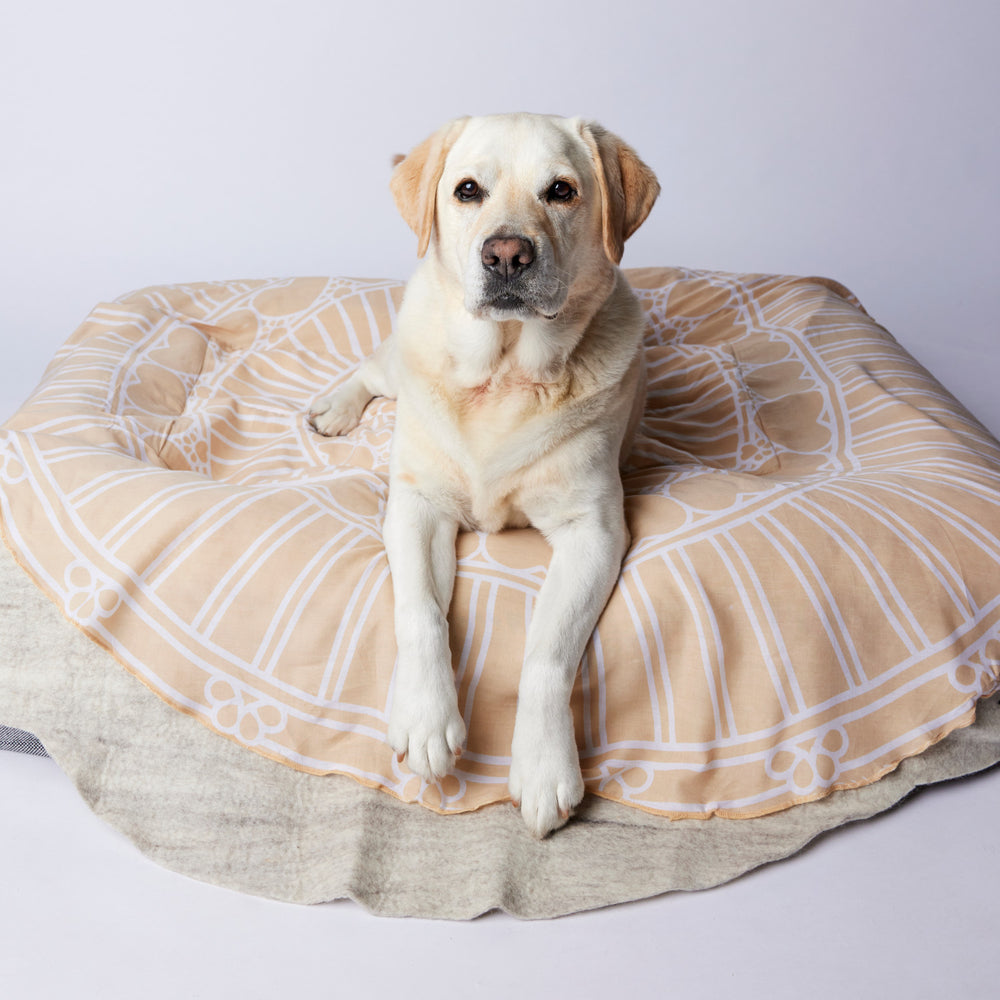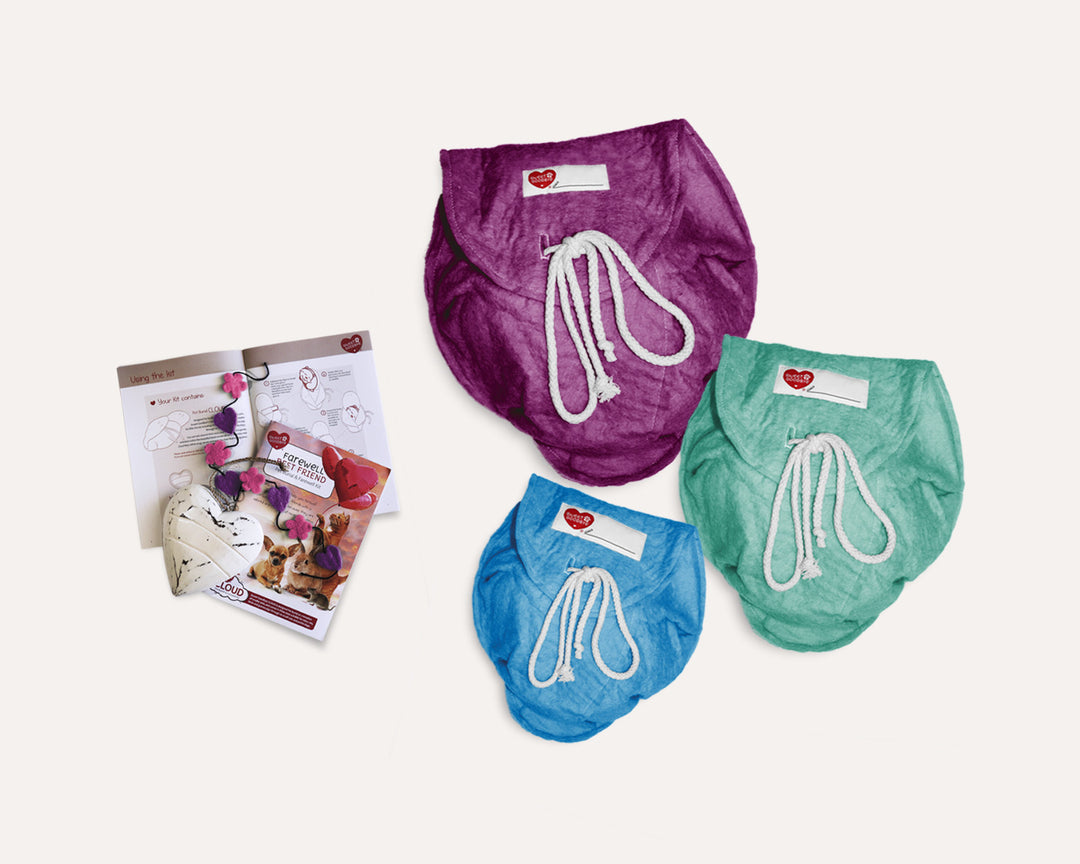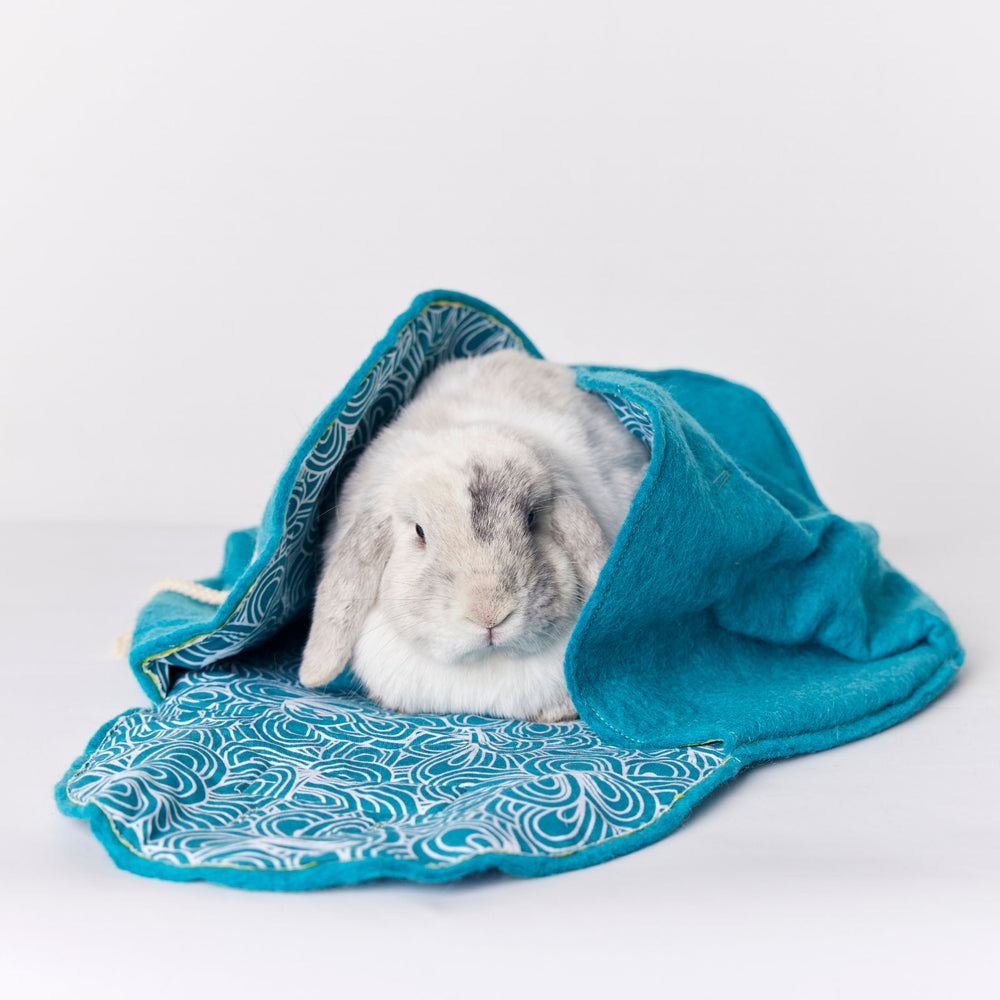How to Prepare for Vet Visits with Your Senior Pet

There are many reasons why our pets can become anxious when they need to go for a vet visit - from the trip in the car and possibly being held in a carrier, to being in an unfamiliar environment. And don’t forget that sometimes the things that happen at the vet itself can also not be very pleasant for your pal!
As your pet ages, you may find yourself navigating a situation where your furry family member is going to the vet more frequently, but also may be becoming less comfortable with changes in their environment, less mobile to get in and out of the car, or just generally be more anxious. It can be quite the combo!
We know that it can be distressing to see your pet in distress so let’s go through some ways to make vet visits as stress-free as possible for our pals.
Choosing the right vet
This first decision can make such a difference to the experience of taking your pet to the vet. When choosing the right vet for your senior pet, consider things like:
We know that making an important decision like this can feel overwhelming, which is why we’ve written a full blog post on choosing the right vet for your senior pet. You can check it out here.
Travelling to the vet
Car rides can be a huge culprit for increasing your pal’s irritability or anxiety, particularly as they get older. When paired with possible symptoms of motion sickness, it’s very fair enough that your senior pet may dread the car ride to the vet.
Here’s some of our tips for making the car ride as pleasant as you can:
Plan ahead
If you’re feeling stressed, the chances are your pet will pick up on this and follow your lead. Try doing low pressure test-runs in the car with your pet (ideally when they’re having a good day, if they’re struggling with ageing symptoms!) to get them used to the feeling of being in the car and travelling the route to the vet. This can be particularly helpful if you don’t often take your pet in the car outside of the vet - and it means you get familiar with the route too!
On the day itself, prepare as much as possible and leave plenty of time to get to the vet and find a park. This means that you not only remain calm around your pal, which helps them stay calm, but also means that you can try slowly and carefully which makes for a more pleasant car-ride.
Use a soft and breathable carrier
Carriers are the perfect option for your senior pet to safely and comfortably transport them to the vet. But, we know that it can still be a stressful situation for them in the carrier, so make sure that the carrier is the right size and set-up for your pal. This means that there should be enough space for your pet to move around and it is kitted out with familiar items like their favourite blankets and toys so that they feel even more at home.
Based on guidance from the RSPCA, you should choose a carrier with a removable top so that you can possibly avoid having to even get your pet out of the carrier at the vet, and instead they can just remain sitting or laying at the bottom.
If your pet is hesitant to travel in the carrier, here’s some suggestions:
- If your pet is struggling to get into the carrier due to ageing joints or mobility issues, be patient and carefully lift them into the carrier. Make sure you properly support their body with both hands and slowly guide them into the carrier.
- Treats and praise is a great way to help your pet get used to the cage and help them associate it with a happy and positive experience.
- Covering the crate may also be a solution to relax your pet and help them with any over-stimulation by looking around the car or out the window.
Another option, particularly for dogs, is to fit your car out with a cosy car seat. This can be safely tethered to your car seat and give your pal a comforting cocoon-style seat. It’s essentially a booster seat for your fur baby!
Giving some anxiety relief
Senior pets can often experience anxiety as they age, and this can be made worse if they’re feeling overwhelmed or drained by other physical or mental challenges.
Various studies have shown that certain smells can actually help reduce feelings of anxiety in pets, which can be especially helpful for vet visits! These smells have been recreated and made into handy products like sprays, oils, collars and diffusers to help you put your pet’s mind at ease. We suggest using sprays that are odourless for our older pets, like this stress relief spray from Petbarn, to look out for their more sensitive noses!
Be careful though - some candles and essential oils that humans find calming, can actually be harmful to our pets. So keep a special eye out for the likes of paraffin candles, ylang ylang oil, pine oil and citronella candles, and make sure you’re comforting your pal with a pet-friendly smell.
Another way to help your pet with their anxiety is to give them something for their tummies! Giving your pet anti-anxiety treats like these Relax & Calm Dog Chews from Petbarn, or these Calm + Collected treats from Dr Chris Brown, can be an easy way to settle them! These supplements and organic ingredients, alongside your pet’s regular diet, can help support their nervous system, helping them feel extra relaxed before a vet visit.
Visits to the vet are often one of our pets’ least favourite things to do. And they normally dread it even more as they age - which is just the time in their life that vet visits have never been more important! But with some extra thought and care, you can make your pets’ time at the vet that little bit easier.





